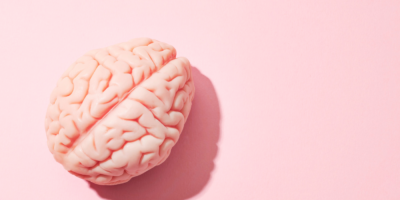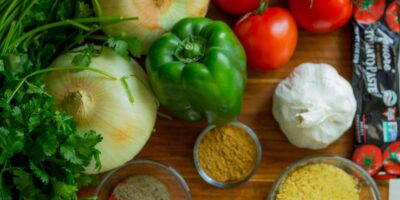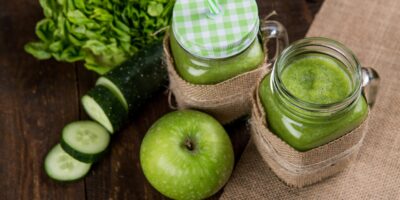Navigating Endometriosis: Dos and Don'ts for Better Management
Endometriosis can be a very confusing and isolating condition. Most women endure severe period pains, irregular menstrual cycles, bloating and other gut symptoms for a whopping 8 years before getting a diagnosis. Even once diagnosis is made, there is no treatment or clear management pathway!
from Kelsey’s personal experience and Bianca’s experience as a dietitian, we’ve put together the dos and don’ts to help you navigate your journey and better manage your endometriosis
Do Seek Knowledge and Support
Understanding endometriosis is crucial for effective management. Educate yourself about the condition, its symptoms, and available treatment options. It’s important to gather your information from trusted sources such as health professionals specialising in women’s health or visit Endometriosis NZ.
Don’t Isolate Yourself
Endometriosis is already isolating enough. Whilst we understand it’s important to say no when plans don’t align with your needs, it’s also just as important to have meaningful social connections for mental wellbeing. Talk with close friends and family members that you can trust. You may also benefit from connecting with others living with endometriosis for support and shared experiences can make the condition a little less lonely.
Do Eat a Wide Variety of Antioxidant Rich Foods
As endometriosis is an inflammatory condition, it’s important to eat a balanced diet rich in colourful fruits and vegetables, nuts and seeds, oily fish and healthy fats such as olive oil. An antioxidant rich diet will complement any medical treatments and will also benefit your overall health and energy levels. You may also benefit from dietitian support to ensure you are meeting your nutritional needs.
Don’t Cut Out Foods Without Seeking Dietitian Support
It’s important that you work with a dietitian to support you in understanding what dietary changes are necessary to improve your endometriosis symptoms and manage the condition long-term. Whilst an elimination diet may help to identify food triggers and relief symptoms for some, this is not always the best option for everyone. If you are cutting out foods, it’s important to work with a dietitian to ensure you’re eating other food sources to replace lost nutrients and avoid potential long-term consequences.
Do Look After Your Wellbeing
Living with endometriosis can take a toll on mental health due to chronic pain, infertility concerns, and disruptions to daily life. It’s essential to address the emotional aspects of the condition and seek support when needed. Consider therapy or counseling to cope with stress, anxiety, or depression associated with endometriosis. Practice self-compassion and engage in activities that bring joy and relaxation, whether it’s spending time with friends and family, pursuing hobbies, or practicing creative outlets.
Don’t Settle for Crappy Medical Advice
Navigating the healthcare system with endometriosis can be challenging, often requiring persistence and self-advocacy. Be proactive in discussing your symptoms, concerns, and treatment preferences with healthcare providers. Seek second opinions if necessary and don’t hesitate to voice any doubts or questions you may have. Keep track of your symptoms, treatments, and their effects using a journal or app to facilitate informed discussions with your healthcare team. Also remember it’s not just GPs and gynecologists that can help with endo; dietitians, pelvic floor physiotherapist and psychologists can be an essential part of management too.
Don’t Waste Your Money on Expensive Supplements
Whilst some supplements do have an important time and place, the majority of over the counter supplements are a waste of time and money. Supplementing unnecessarily can lead to toxicity and cause more harm than good. It’s important to have a blood test to check your levels of vitamins and minerals such as iron, vitamin D and B vitamins and only supplement if needed. You may also need to adjust your expectations. There is not one magic supplement that is going to fix all of your health concerns. The key word is “supplement” which means they should be taken alongside a healthy lifestyle, balanced diet and medical treatment.
Do Wear Comfortable Clothing
The last thing you need when you’re feeling bloated is a pair of tight fitted jeans digging into your belly, to remind you of how bloated and uncomfortable you feel! Invest in flowing dresses and pants with elastic waist bands for the ultimate comfort factor. This way you can get on with your day with a little less discomfort and less worrying about your endo belly in public.
By prioritizing self-care, seeking knowledge and support, advocating for oneself, and addressing physical, nutritional and mental health needs, you can feel empowered to take charge and navigate your journey. Remember, you are not alone, and there is support available to help you along the way. If you think you may benefit from dietitian support, book in here for a free 15 minute phone call to speak with one of our dietitians today.
Published: 18th March 2024
Author: Bianca Berton-Scarlet, Monash FODMAP trained Dietitian





This Post Has 0 Comments